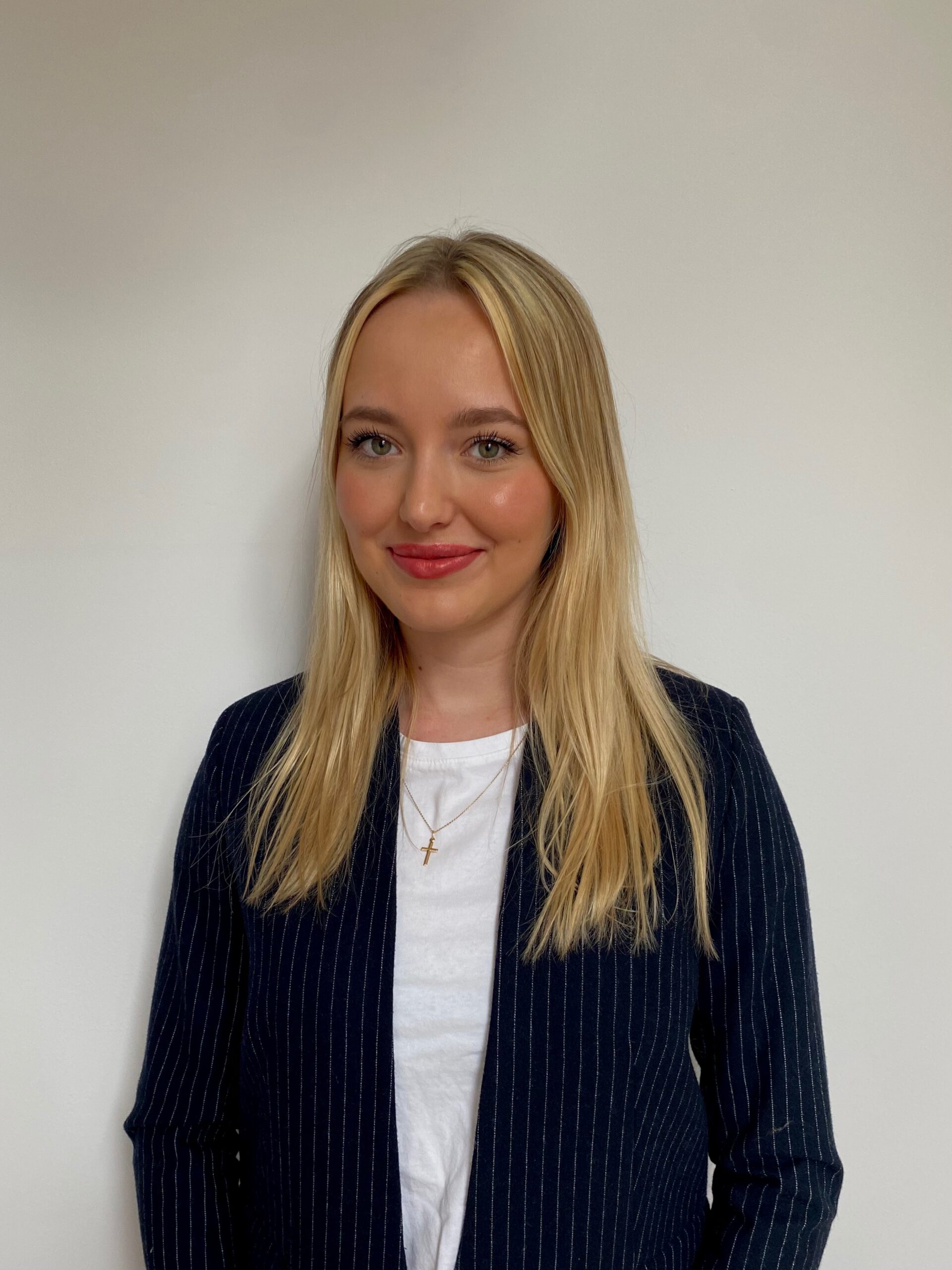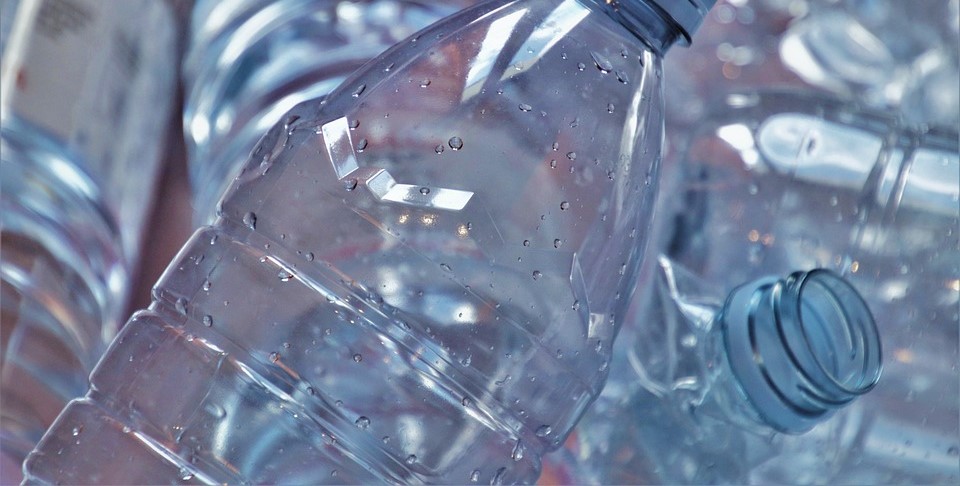World of plastic
Weight, strength, elasticity and inexpensive as well as easy production of traditional plastics are what made them crucial for many industries that manufacture products on a large scale but not exclusively [1]. In 2016 approximately 335 tons of plastics were produced worldwide which only highlights its popularity and broad range of applications [1]. Plastics which are crucial materials during the production of almost every packaging (around 40% of produced plastics are devoted to the production of various packaging) are most often disposable [1]. Have you ever wondered where such plastic wastes are discarded? Unfortunately, most traditional plastics are resistant to biodegradation. It means that if such plastic ends up in an environment, it will inevitably accumulate which may lead to threatening results [1]. For instance, the fact that up to 88% of the sea’s surface is polluted by plastic waste [2]. The worst is that only 9% of produced plastics can be recycled [2].
The problems involving plastic are not limited to its difficult degradation, as the production process of such a material is also very tough on the environment as well as the climate of our planet. For example, in 2019 the CIEL (the Centre of International Environmental Law) estimated that the production and incineration of plastic will generate an additional 850 million tons of greenhouse gasses that will be released to the atmosphere [3]. To describe it better, it is equivalent to 189 carbon-fired power plants [3]. Current global situation caused by global warming is far from ideal. Since 2019 the level of ocean water has increased by 24 cm [2]. What is more, approximately 740,000,000,000 tons of ice are melting each year [2]. To prevent even worse results of the current observations, it is essential to create materials and processes that will not interact with the ecological balance.
Food and climate crisis
Food wasting is much worse than total emissions caused by flights, plastic waste or oil extraction [2]. It is mainly a result of food that lands on landfills where food is rotting and emits large amounts of methane – greenhouse gas stronger than carbon dioxide [4]. Let’s imagine that food waste is a country. In this case, it would be the third biggest emitter of greenhouse gasses after the USA and China [2]. Only in the European Union 88 tons of food are wasted every year [4]. However, such a shocking problem has been widely recognised by the EU so that in 2019 it presented the Green Deal. It is a collection of political initiatives that aims for instance to make Europe the first climate-neutral continent by 2050, reduce the emission of greenhouse gasses by 55% by 2030 (compared to 1990) as well as plant an additional 3 billion trees by 2030 [5].
Sustainable market
Many biotechnology companies, especially now, create and implement a lot of ecologically sustainable innovations. Our planet is suffering from plenty of serious issues and many entrepreneurs are trying to face them. MakeGrowLab – the Polish start-up founded in 2019 by Róża Janusz and Josh Brito is an ideal example of an enterprise that aims to revolutionize the market and make it more sustainable. The solution proposed by MakeGrowLab tries to tackle the problem of packaging waste [6]. It is especially important given the previously mentioned Green Deal that wishes to make all packaging on the EU market reusable or biodegradable by 2030 [6]!
Inspiring Biorevolution
Despite the fact that MakeGrowLab was founded in 2019, the idea behind a company arose much earlier in 2016 by asking one specific question: ‘What if we could grow renewable, versatile materials, using local resources, instead of making them?’ [2]. MakeGrowLab successfully noticed the issues I have mentioned before (influence of plastic and food waste on the environment and climate) and proposed an innovative way of manufacturing materials in a completely sustainable manner not to pollute but enrich our environment!
The enterprise began with initial tests run on cellulose grown from the Kambucha brewing process serving as the mentioned renewable and biodegradable material [2]. However, due to the unwanted mechanical properties of such cellulose the idea was abandoned. After the intensive brainstorming, the founders of MakeGrowLab designed innovative Scoby Packaging Materials – durable, home compostable and 100% free from plastic nanofibers that serve as building blocks of their revolutionary materials [2]. The process of Scoby Packaging Materials production is based on the extraction of pure cellulose from bacteria [2]. This is how extraction of any unwanted pollution, which is very common during the extraction of plant derived cellulose, is avoided [2]. Therefore, the process proposed by MakeGrowLab is less chemically intensive and requires much less energy. Additionally, start-up utilizes bio-waste obtained from agriculture or food industry which results in less time and space needed to produce Scoby Packaging Materials – process is scalable and materials are at reasonable price [2].
What makes MakeGrowLab unique from other companies producing plastic alternatives is the fact that their materials do not require any additives from fossil fuels or other toxic releasing substances [6]. This offers a much better barrier to oxygen, water steam and grease as well as makes the packaging light-weight and stronger [6]. Another benefit of MakeGrowLab solution is that the production of their nanofibers does not involve deforestation, does not release carbon dioxide and does not produce any microplastic [2].
The start-up, despite its short activity, is already a laureate of many prestigious and international contests, for example it won the 1st place on Chivas Venture Finals in 2020. What is more, MakeGrowLab in 2021 had the pleasure to collaborate on a project with a Fortune500 company which likely we all know – Colgate Palmolive [2]. Since 2016 when MakeGrowLab was only an idea, the company has managed to create many various materials that may revolutionize a lot of industries and make them more sustainable. Hopefully, we will be able to see more of such innovations as this is what our planet desperately needs.
Bibliography:
- Narancic T, O’Connor KE. Plastic waste as a global challenge: are biodegradable plastics the answer to the plastic waste problem? 2019 Feb;165(2):129–37. Available from: https://www.ncbi.nlm.nih.gov/pubmed/30497540
- MakeGrowLab [Internet]. (makegrowlab.com). Available from: https://www.makegrowlab.com
- Edmond C. We know plastic pollution is bad – but how exactly is it linked to climate change? [Internet]. 2022. (World Economic Forum). Available from: https://www.weforum.org/agenda/2022/01/plastic-pollution-climate-change-solution/
- Scherhaufer S, Moates G, Hartikainen H, Waldron K, Obersteiner G. Environmental impacts of food waste in Europe. 2018 Jul;77:98–113. Available from: https://dx.doi.org/10.1016/j.wasman.2018.04.038
- Commission E. European Green Deal [Internet]. Dec 1, 2019. Available from: https://commission.europa.eu/strategy-and-policy/priorities-2019-2024/european-green-deal_en
- Elsässer S. Green Alley Award 2022 finalist MakeGrowLab from Poland [Internet]. 2022. (startupvallleynews.com). Available from: https://www.startupvalley.news/uk/makegrowlab-green-alley-award-2022/
Wiktoria Bulik



